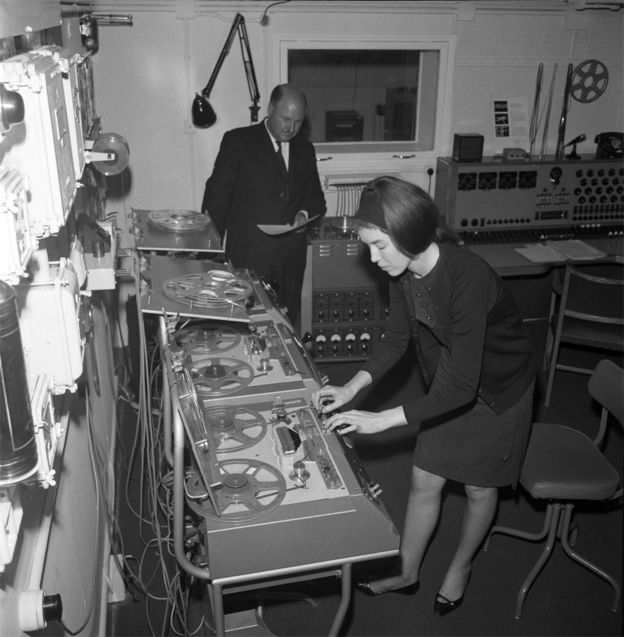BBC to leave iconic Maida Vale studios

The BBC is to close its iconic Maida Vale Studios, which have played host to generations of pop stars, from The Beatles to Adele.
Director general Tony Hall announced the closure in an email to staff on Tuesday morning, saying the complex would be replaced by a new, state-of-the-art facility in east London.
The move means the BBC will “be able to record and broadcast more live music than ever before,” he added.
It is expected to be ready by 2022.
The BBC hopes to relocate most of Maida Vale’s functions to the Olympic Park in Stratford, alongside other arts organisations including the V&A, Sadler’s Wells and the London College of Fashion.
Built in 1909, Maida Vale Studios was originally the home of the Maida Vale Roller Skating Palace and Club.
In the 1930s, it became home to the BBC Symphony Orchestra, but was also a standby centre for BBC radio news during World War Two.
The orchestra still uses the studios for rehearsals, performances and recordings of classical music – but the complex is perhaps better known for playing host to John Peel’s famous Radio 1 sessions.
The world’s biggest pop stars – from Led Zeppelin to Radiohead and Jay-Z to Little Mix – have all performed there, while artists including The Beatles, David Bowie and The Fall have all released retrospective albums of their BBC performances.
Maida Vale also played host to the BBC’s Radiophonic Workshop, famed for its realisation of the Doctor Who theme tune and incidental music between 1963-1989 while legendary crooner Bing Crosby made his final recording there in 1977, three days before he died of a heart attack on a golf course in Spain.
The studios have been under regular threat of closure – with the BBC announcing in 2007 that the run-down facility, located in a residential area in north London, was “wholly unsuitable for the 21st century”.
However, no viable alternative was found and the studios were given a stay of execution – until today.
“I understand how much our musical heritage at Maida Vale means to us, to artists and to audiences,” said Lord Hall in his note to staff.
“We haven’t taken this decision lightly. But we’re determined to ensure that live music remains at the heart of the BBC and moving to this new development gives us the opportunity to do just that.”
The site will contain recording and rehearsal studios, providing a purpose-built base for the BBC Symphony Orchestra and Chorus and the BBC Singers, as well as being used regularly by the BBC Concert Orchestra.